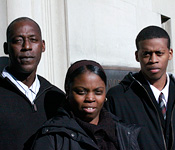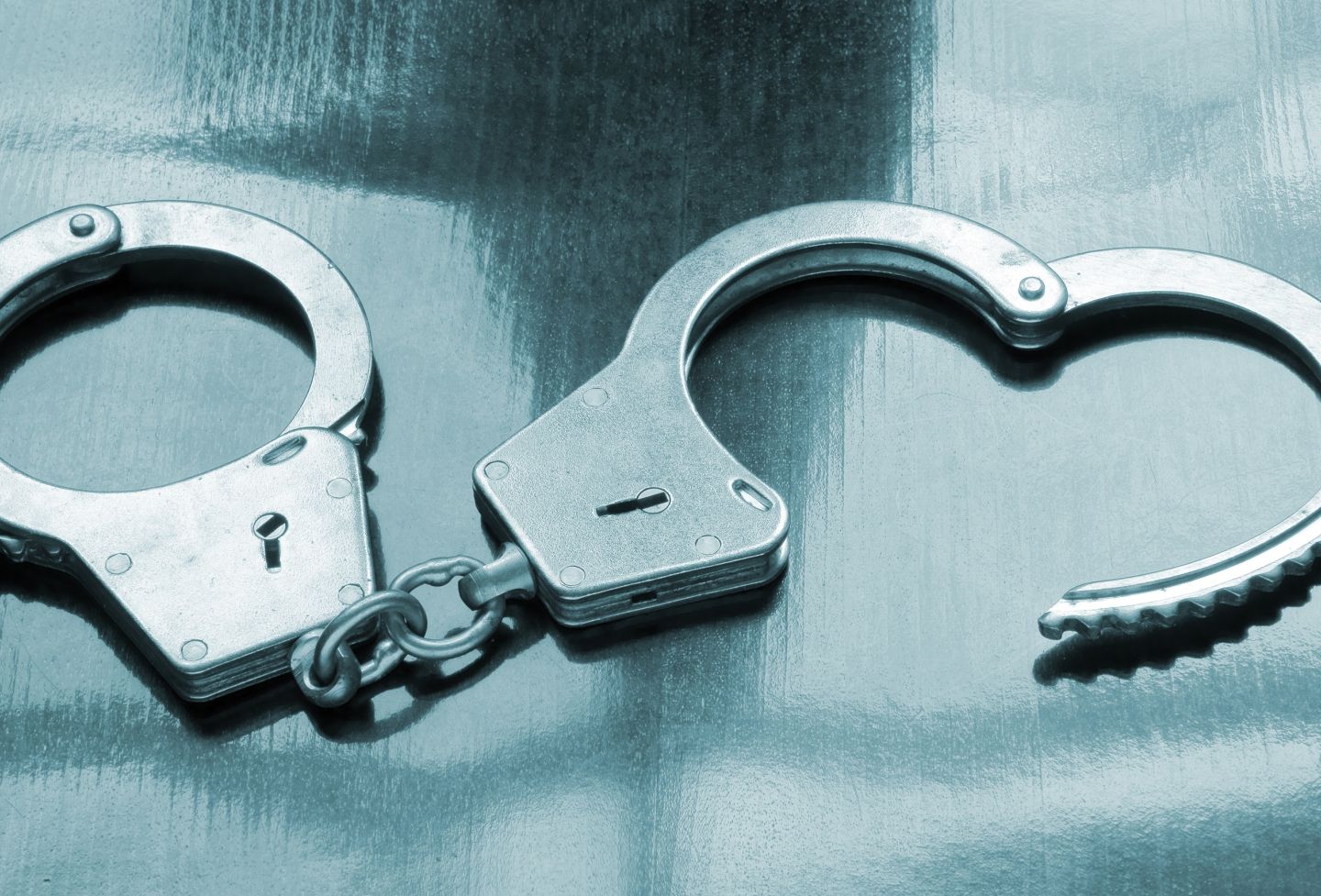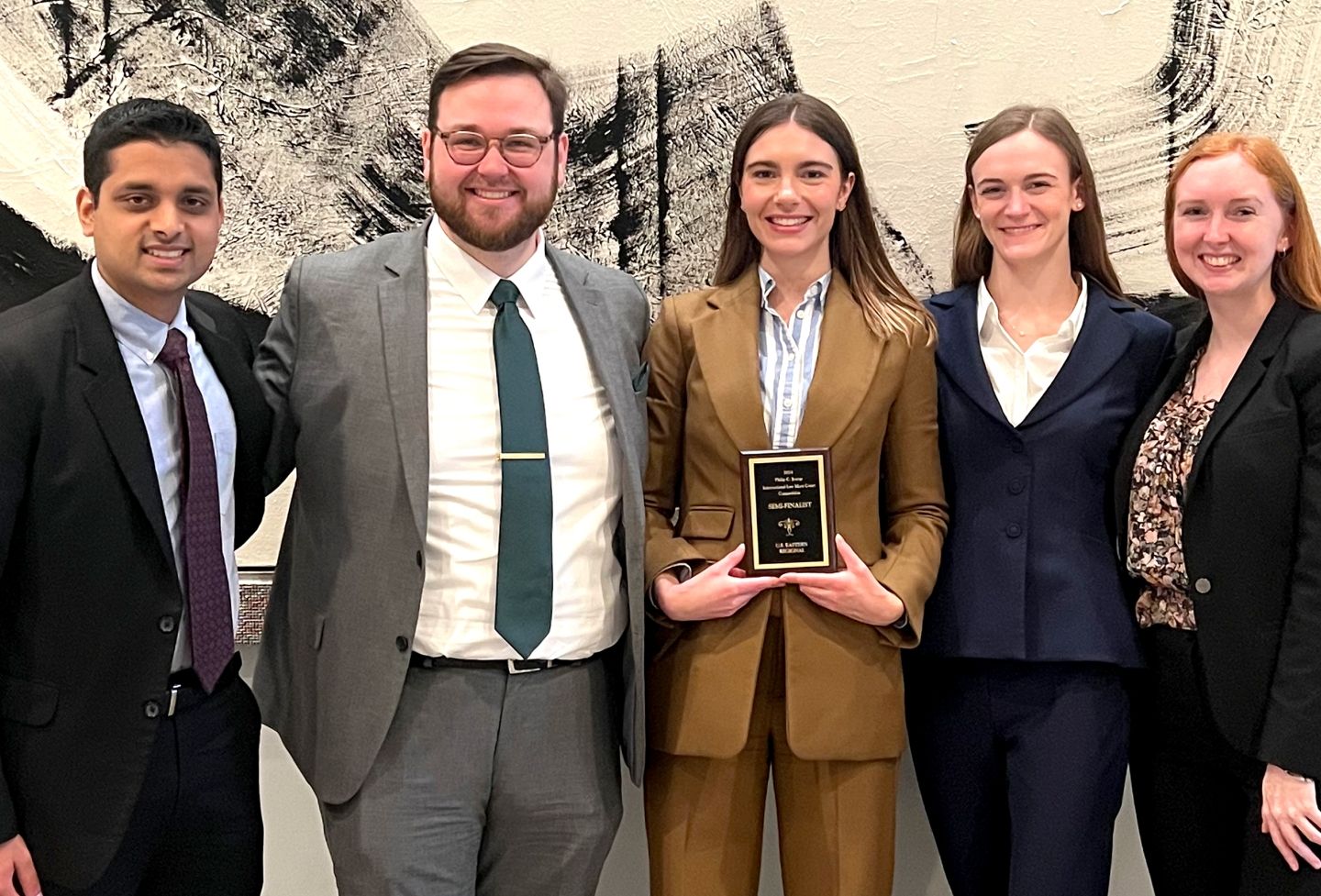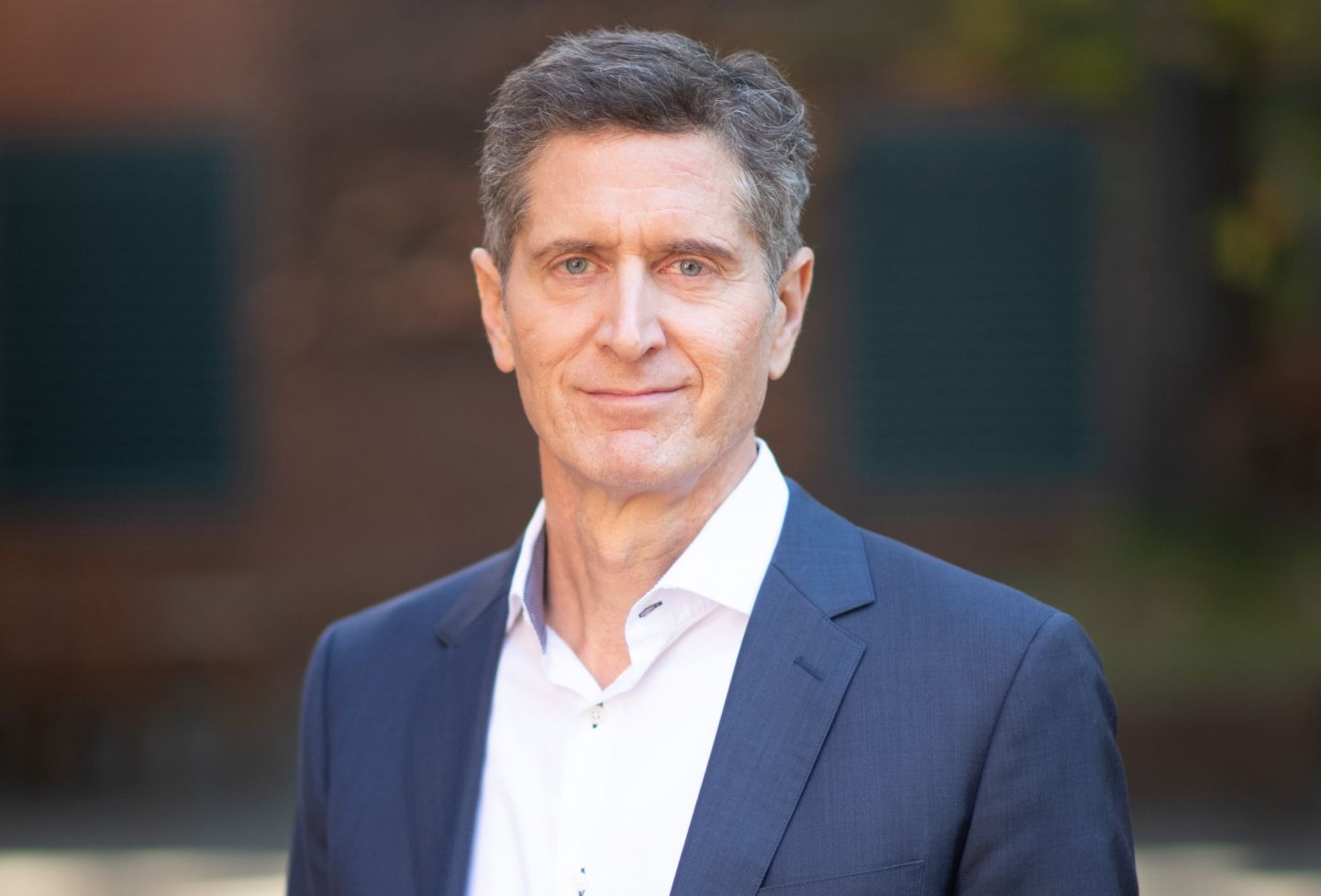The Supreme Court of Virginia on Friday handed down a decision that clears the way for Edgar Coker, a young Mineral, Va., man to sue to overturn his conviction for rape in 2007. Coker, whose legal team includes the University of Virginia School of Law's Innocence Project and Child Advocacy clinics, was falsely accused of rape when he was 15.
The court's decision clears the way to allow Coker to sue to overturn his conviction and be removed from the state's sex offender registry.
"Edgar can now go back to the circuit court for a hearing on the merits of the claims in his petition for habeas corpus — primarily claims that he received ineffective assistance of counsel, which paved the way to his wrongful conviction," said Deirdre Enright, director of investigation for the Innocence Project Clinic.
Coker pleaded guilty to rape and breaking and entering in 2007 after the prosecutor said he would try him as an adult and seek a lengthy prison sentence. Following his conviction, Coker was incarcerated by the Department of Juvenile Justice and added to the sex offender registry.
Shortly after Coker's conviction, his then-14-year-old accuser recanted her accusation of rape and admitted that she had lied about the nature of the incident with [Coker] and that the encounter had been consensual. Since then, Coker and his family have worked with the two clinics, the JustChildren program at the Legal Aid Justice Center and the law firm McGuireWoods to clear his name. (More)
Coker's legal team filed a habeas petition — a filing that seeks relief for unlawful detention — after Coker was released from the juvenile detention facility, but still on parole.

On Jan. 13, Innocence Project Clinic Legal Director Matthew Engle argued before the Virginia Supreme Court that the Coker's writ of habeas corpus was valid because parole is unquestionably a form of detention. (More)
"There is no dispute that he was detained at the time he filed his petition," Engle told the justices. "Jurisdiction is decided based on conditions that exist at the time a petition is initiated."
A lawyer for Virginia's Attorney General's Office, however, argued that Coker's habeas petition should be rejected because it lacked jurisdiction, as he is no longer in custody.
On Friday, Virginia's high court sided with Engle's arguments, thereby reversing the lower court's judgment that it did not have jurisdiction to consider Coker's habeas petition and that the case was moot.
"The court agreed with what we said all along, which was that the trial court was wrong when it said Edgar wasn't able to file a writ of habeas corpus," Engle said Friday. "The court said that there was jurisdiction, and that Edgar has a substantial stake in having his conviction reversed and that he should have his day in court to prove that he didn't have a fair trial."
Coker's legal team is trying to clear his name and get him removed from the sex offender registry. Coker's family has been forced to move multiple times as a result of the stigma attached to his convictions, and he has had trouble finding a job. If he is convicted of another crime, his record will ensure a stiffer sentence.
Additionally, Coker is forbidden from stepping foot on school property. In fact, he was arrested last fall while attending a high school football game.
Several UVA law students have been working on Coker's case. Four Innocence Project Clinic participants — Aida Fitzgerald, Ashley Brown, Jessica Lee and Shawheen Molavi — drafted the filings submitted to the Virginia Supreme Court.
"We're just very happy about the decision and looking forward to continuing the fight on behalf of Edgar," Fitzgerald said. "I'm glad that he has a chance to tell his story."
Lee said she is "ecstatic" that Coker's case can move forward.
"I have no doubt about the eventual positive outcome of his habeas case because, as people across the state now know, Edgar was wrongfully convicted for a crime that never even happened as a result of a judicial system that is breaking down," she said. "Now that all the facts can be heard in court, I am certain that Edgar's name will be officially cleared, it's just unfortunate that it will take so much more time for that to happen."
Coker's mother, Cherri Dulaney, said she is "so, so happy" with the court's decision Friday and is optimistic about her son's chances moving forward.
"When [Engle and Enright] told me, I couldn't even speak," she said. "Tears immediately rolled. To win at this level, there are just no words to describe it. There really aren't."
Founded in 1819, the University of Virginia School of Law is the second-oldest continuously operating law school in the nation. Consistently ranked among the top law schools, Virginia is a world-renowned training ground for distinguished lawyers and public servants, instilling in them a commitment to leadership, integrity and community service.


